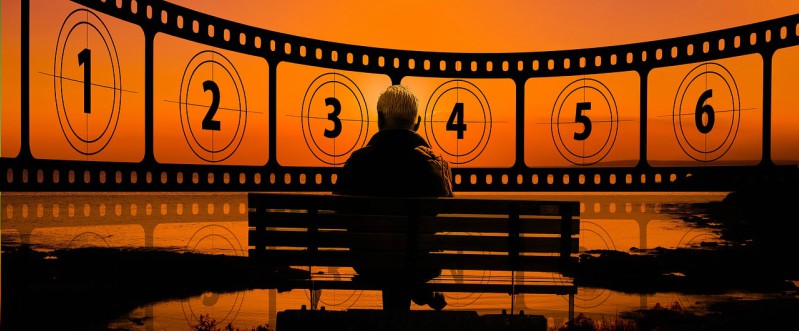
This Week’s Insights: When the Oscars lose their audience… How audience drives Hollywood’s behavior… The NEA is really an audience diversifier… Reviews that don’t offer point of view lose their audience… “Trending” doesn’t measure audience (don’t be fooled).
- Have The Oscars Lost Their Audience? It’s been a while now since big box office hits have coincided with the the critical winners of Oscars. Most of this year’s Best Picture nominees have not been big sellers at the box office. So how might you juice up interest in nominees few have seen? One intriguing idea from The Daily Beast’s Kevin Fallon and Marla Stern: How about a streaming service that bundles up all the nominees and makes them more accessible? “I keep wondering why at this point, with so many ways to watch movies on-demand or stream them, the Academy hasn’t just made the movies available for everyone to see on some platform ahead of the Oscars for some sort of fee. People are genuinely curious about, say, Lady Bird or Call Me by Your Name by the time the Oscars roll around, but don’t necessarily have access to seeing them.”
- Change In Hollywood Diversity? The Audience Votes: In Hollywood, the box office rules. So how does change happen? Mic reached out to several experts in the entertainment industry.” Said one, “If Hollywood thought that its lack of representation in terms of women and people of color would cost it money, then they would change overnight. Or, if they thought it would make them money, they would be more inclined to be inclusive.” And, in fact, that’s starting to happen.
- Public Funding For The NEA, NEH, Is About Communities More Than Arts: In truth, the arts do fine without the NEA and its money. But what the NEA does essentially is help spread the arts’ benefits to people who might not otherwise be able to access them. And improve communities. This week ten private foundation presidents wrote an open letter arguing for the NEA’s benefits to communities: “Some seven years ago, it was the then Chairman of the National Endowment for the Arts who was able to bring us together as foundation leaders because his agency had a strong history of investing in each of our communities. He was also able to bring together senior officials from agencies like the Department of Agriculture, the Department of Housing and Urban Development, and the Environmental Protection Agency because he was their peer in federal government. Together, we have worked more effectively than we could have done alone exactly because the public sector and philanthropy are not meant to do.”
- Why Don’t People Care About Lit Reviews? They Lack Point Of View: Journalism professor Jay Rosen calls it the “view from nowhere” and it doesn’t work in literary criticism either: “Reviewers are neither arbiters of taste nor are they ushers doing the job of wheedling readers to get under a particular set of covers. Consideration of a book is an engagement with its context, and even more crucially an enunciation of the alchemy between its content and the inevitably subjective experience of reading it. In this sense, the unique subjectivity of every reader will inevitably interact differently with a book; this prismatic aspect of what individual readers ‘get’ from literature is part of the intimacy of reading, its inherently individual aspect.”
- Why Are We Slaves To “Trending”? And what does it actually mean? Popularity indexes of one sort or another have determined power in our cultural industries for a long time. The latest ruler is the “trending” lists that rank stories, music, and movies. It’s a murky measure. “When we sort through our feeds, ‘latest’ has an obvious chronological sorting mechanism; even “popular” has a fairly clear and agreed-upon definition. “Trending,” however, does not. It’s similar, but not the same as “popular”; generally speaking, it means “popular, in some relative, technically defined way.” That is, the “trending” sections of major platforms are, as of now, algorithmically determined, their contents selected by formulas developed internally at those companies and kept private.” Not to be trusted.
Abbie Conant · Professor of Trombone at University of Music Trossingen – Germany
“In truth, the arts do fine without the NEA and its money.” Well, I guess one would have to say they do even finer with public funding. I think of London’s five full time orchestras and two full time opera houses compared to NYC’s one full time orchestra and one full time opera house. Or LA’s one full time orchestra and opera house with the equivalent of about a 6 week season. Or Washington with one full time orchestra and an opera also with about a six week season. Or I think of Germany’s 83 full time opera houses owned and operated by the state, while the USA has about 6 genuinely functional houses for four times the population and only one full time house in the entire country. Not so fine, it seems to me….
Abbie: Of course they’d do better with public funding. The point was merely that the funding the NEA does now really doesn’t so much support the basic operations of arts organizations as it does try to broaden access to more people. If the NEA went away it would be very sad, but its current funding isn’t a live-or-die proposition for most arts groups.